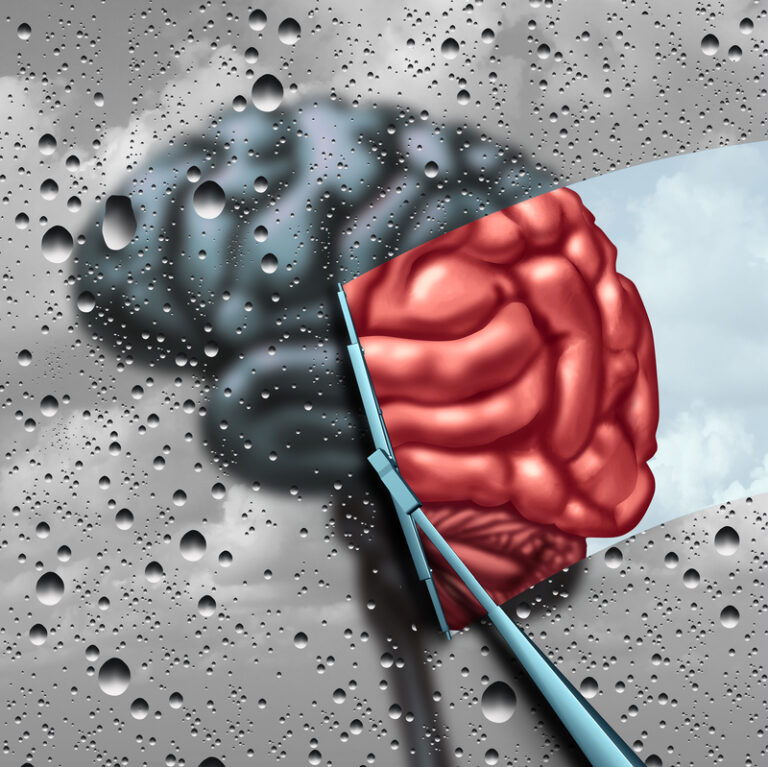Well, the foggy, overcast days are upon us again. During those days, we sometimes feel down, lethargic, melancholy and simply the antithesis of happy. When the sun comes up we feel more energetic, bright and cheerful. Symptoms of “brain fog” are similar, but don’t generally disappear when the sun comes out.
Brain fog, also known as brain fatigue, manifests as difficulty focusing, concentrating, recalling words or names and even, if severe enough, mental confusion. Some experience anxiety and irritability, forgetfulness, trouble remembering details, and feeling lethargic, down or hopeless. There can be low grade fogginess, or severe (mental confusion), that can last hours, days, weeks and even months. This is getting to be way too common. Over the past decade, I have seen a significant increase in patients with “foggy brain”, “foggy thinking” and the other associated maladies mentioned above.
What causes brain fog? I wish it were simple, but it isn’t. There are so many contributing factors, generally several factors involved, that we need a detective to figure it all out! There are starting points in putting together specific factors:
Certain health conditions contribute to brain fog: poor blood quality, such as anemia or thick blood due to high triglycerides, cholesterol or blood sugar; blood sugar issues (high or low); endocrine disorders or insufficiency such as hypothyroidism, adrenal insufficiency, sex hormone or brain hormone imbalances; chronic fatigue and fibromyalgia syndromes; toxic overload; autoimmune diseases such as rheumatoid arthritis, MS, lupus, Epstein Barr, etc.; frequent and/or severe headaches or migraines; Sjogren syndrome or Alzheimer’s; mental/emotional problems and others. We need to be asking what the underlying causes are for these health conditions, in the same way we are asking what causes brain fog, then remedy those underlying factors. When these health conditions are resolved, so is the brain fog.
Inflammation caused by chronic infection (viral, bacterial, fungal or parasitic) can also cause brain fog. While it is possible this infection is in the brain, it is less likely, and more likely to be systemic. It can happen in any organ, or tissue, including the mouth.
Dietary inadequacies. Vitamins, minerals, fats and proteins are essential to healthy functioning of the brain. But not all vitamins (especially), minerals, fats and proteins are the same. Some vitamin supplements are so full of chemicals that, not only do they not support health, they can actually contribute to brain fog! Some things in our diets contribute to brain fatigue (sugar and others), and some are very helpful. This warrants much more discussion than space allows in this article.
In short, there is much you can do to resolve brain fatigue. The first step is to consult with a practitioner-detective that can do the right tests and ask the right questions to get down to the root of your fog, and bring you back to sunshine!
©2017 Holly A. Carling, O.M.D., L.Ac., Ph.D.







